According to Mr. Layton Pike, Vietnam is actively making efforts not only domestically but also internationally, and Vietnam should continue to maintain this direction.
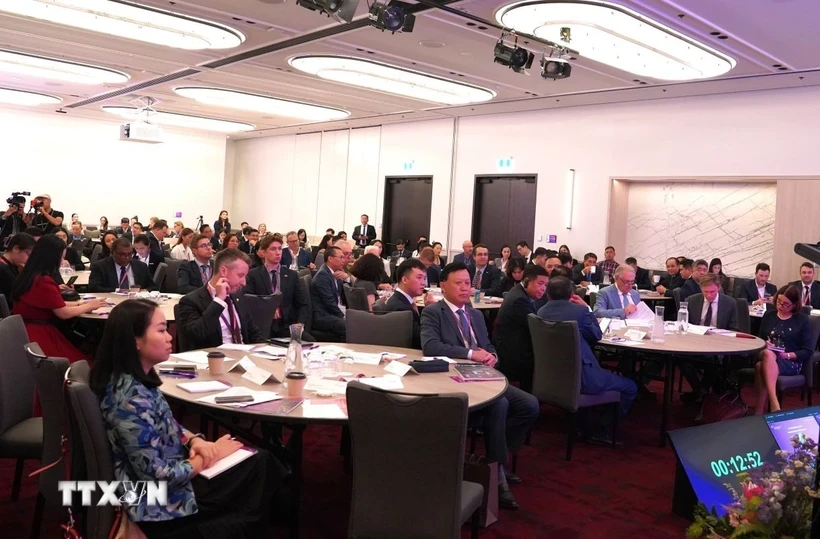
According to the VNA correspondent in Australia, on October 17, in Adelaide city - the capital of South Australia state - a workshop of the Australia-Vietnam Policy Institute (AVPI) took place with the theme "Embracing change, transformation and building and maintaining trust: Exploring the future of the Australia-Vietnam relationship."
The conference brought together more than 130 delegates, including prestigious experts and scholars specializing in the Vietnam-Australia relationship, and representatives of businesses from both countries to discuss and explore emerging opportunities, while analyzing the importance of building and maintaining trust, finding solutions to promote bilateral cooperation in all fields, contributing to the development and prosperity of the two countries in the coming time.
At the conference, delegates reviewed the important progress in Vietnam-Australia relations over the past year and explored how Australian businesses, investors and organisations can take advantage of the opportunities brought about by the upgraded partnership between Vietnam and Australia.
Many believe that the Australia-Vietnam relationship, built over the past 50 years, has entered a new era. 2024 is considered the year that will bring “sweet fruit” to bilateral relations when the two countries upgrade their relationship to a Comprehensive Strategic Partnership in March 2024, opening the door to promoting trade, investment and commerce relations between the two countries.
Regarding Vietnam's economic outlook, delegates at the conference said that the export-oriented manufacturing sector, strong domestic demand and increasing global economic integration have become factors that have made Vietnam one of the fastest growing economies in Southeast Asia.
Experts and scholars analyzed the drivers of Vietnam's Gross Domestic Product (GDP) growth and explored the development path of the "S-shaped strip of land," including the reforms, global and market conditions needed to ensure future growth.
Significant economic transformations over the past two decades have made Vietnam one of the region’s most dynamic economies. However, in a competitive global environment and an increasingly complex region, maintaining this momentum is not guaranteed.
Therefore, the conference focused on discussing the factors behind Vietnam's rapid economic transformation and exploring the technologies and other factors that play a key role in Vietnam's development in the next phase.
The workshop also focused on the importance of building mutual trust and understanding between the two countries, including helping to facilitate greater two-way trade and investment, and people-to-people links; focusing on leveraging expertise and community connections, the role of Vietnamese Australians in the bilateral relationship, in promoting business,education and government links between the two countries.
Highly appreciating and positively evaluating Vietnam's achievements as well as economic and foreign relations prospects in the past and in the future is the common opinion of experts and scholars in an interview with VNA reporters on the sidelines of the conference.
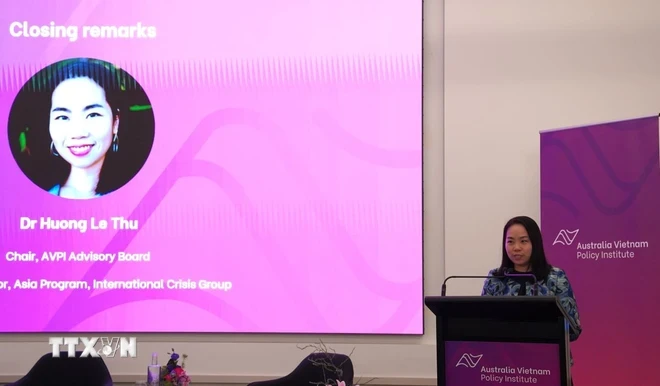
Mr. Layton Pike - co-founder of AVPI - commented that Vietnam has achieved extraordinary economic achievements in recent years, with continuously high GDP growth and improved people's lives.
Vietnam's continued economic integration, shaped through foreign policy linkages, is indeed important in continuing to encourage more foreign direct investment into Vietnam, while also being important in helping Vietnam manage the challenge of developing its own industries and economy.
Mr. Layton Pike said that the key factor to achieve that is human resource development. Vietnam having more specialized universities will be really important for the long-term development of Vietnam as it becomes a middle-income country and then a high-income country.
According to Mr. Layton Pike, Vietnam is making active efforts not only domestically but also internationally, and Vietnam should continue to maintain this direction. Vietnam needs to continue to pursue its domestic economic reform agenda, international economic integration and focus on what that means for the long-term future.
Regarding Australia-Vietnam relations, Mr. Layton Pike said that the bilateral relationship is at an all-time high and there is a lot of room for optimism in the future.
Sharing the same opinion, Dr. Le Thu Huong - Chairman of the Advisory Board of AVPI - said that Vietnam is on a very good economic development path, with stable growth, quite superior to other countries in the region. It can be said that Vietnam is facing many opportunities. In the context of the current tense geopolitical environment and increasingly fierce trade competition, leading to disruption of the global supply chain, Vietnam has still affirmed its position and succeeded in attracting investment.
Dr. Le Thu Huong believes that the policy of "bamboo diplomacy" and "making friends with all countries" has helped Vietnam's economy.
However, she said that this is only the initial stage of economic development, and Vietnam needs to avoid falling into the middle-income “trap”. At the same time, Vietnam needs to figure out how to make regulations that are friendly to foreign investment. These are the main challenges.
Besides, Dr. Le Thu Huong believes that Vietnam is maintaining the right foreign policy, with capable leaders. The only challenges beyond Vietnam's control are those from the outside, from external crises and the extent to which external partners are willing to deepen relations with Vietnam. The question is how will Vietnam react? That will really be the test to see how successful Vietnam's foreign policy is.
However, Dr. Le Thu Huong said that Vietnam has a very favorable environment, most foreign leaders are very enthusiastic about Vietnam playing a more proactive role.
In particular, the Vietnam-Australia relationship is at a good time and has great momentum thanks to the promotion of the governments and people of the two countries, along with great business incentives for the common interests of both sides.
Leigh Howard, Executive Director of Asialink Business at the University of Melbourne and a member of the AVPI Advisory Board, said Vietnam’s economic outlook remains strong, driven by demographics, a growing digital economy, renewable energy transition and strategic trade partnerships. Growth opportunities exist in clean energy, technology and manufacturing.
However, one of the challenges Vietnam faces is navigating the “headwinds” of the global economy, disruptions to supply chains, and pushing through the legal reforms needed to further open and modernize the economy.
He said Vietnam needs to continue to build on its successes by increasing its global engagement through multilateral trade agreements, domestic economic reforms and continuous innovation. A stable political environment and investment in education and infrastructure will be key to sustaining long-term growth.
Giving a positive assessment of the prospects of the Vietnam-Australia relationship, he said that the bilateral relationship will continue to develop thanks to common economic interests in important areas such as renewable energy, agriculture and education. As both countries strengthen their strategic partnership, the potential for cooperation in many areas will expand. This will bring benefits in enhancing regional stability and greater economic prosperity.
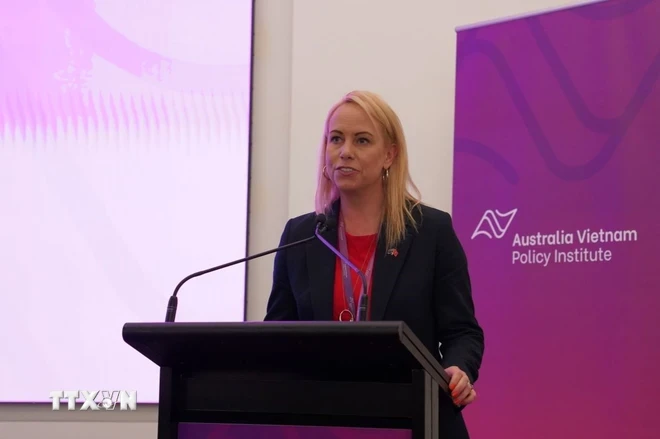
Meanwhile, Ms. Louis Adams - CEO of Aurecon Company (Australia), which opened an office in Vietnam in 1991 and is currently the largest international construction engineering consulting company in Vietnam - assessed that Vietnam's economic prospects are very positive, and the growth that Vietnam has achieved in recent years will continue to be maintained in the coming time.
Vietnam will have more opportunities, especially in the energy transition and green economy, education, digital skills and digital transformation which are taking place strongly in this Southeast Asian country. She said that the current relationship between Vietnam and Australia can contribute to Vietnam's growth in the future.
To maintain what Vietnam has achieved recently, Ms. Louis Adams said that Vietnam needs to continue to focus on becoming a partner with many countries and promoting relationships in all aspects, and then playing a leadership role in the Southeast Asian region, promoting relations with countries such as Australia, Singapore and its close neighbors. She affirmed that Vietnam has many opportunities to demonstrate its role in bringing prosperity to this country and to the wider region./.
Source: https://baolangson.vn/tuong-lai-quan-he-viet-nam-australia-duoi-goc-nhin-cua-gioi-chuyen-gia-hoc-gia-5025454.html


![[Photo] Festival of accompanying young workers in 2025](https://vphoto.vietnam.vn/thumb/1200x675/vietnam/resource/IMAGE/2025/5/25/7bae0f5204ca48ae833ab14d7290dbc3)
![[Photo] President Luong Cuong receives Lao Vice President Pany Yathotou](https://vphoto.vietnam.vn/thumb/1200x675/vietnam/resource/IMAGE/2025/5/25/958c0c66375f48269e277c8e1e7f1545)
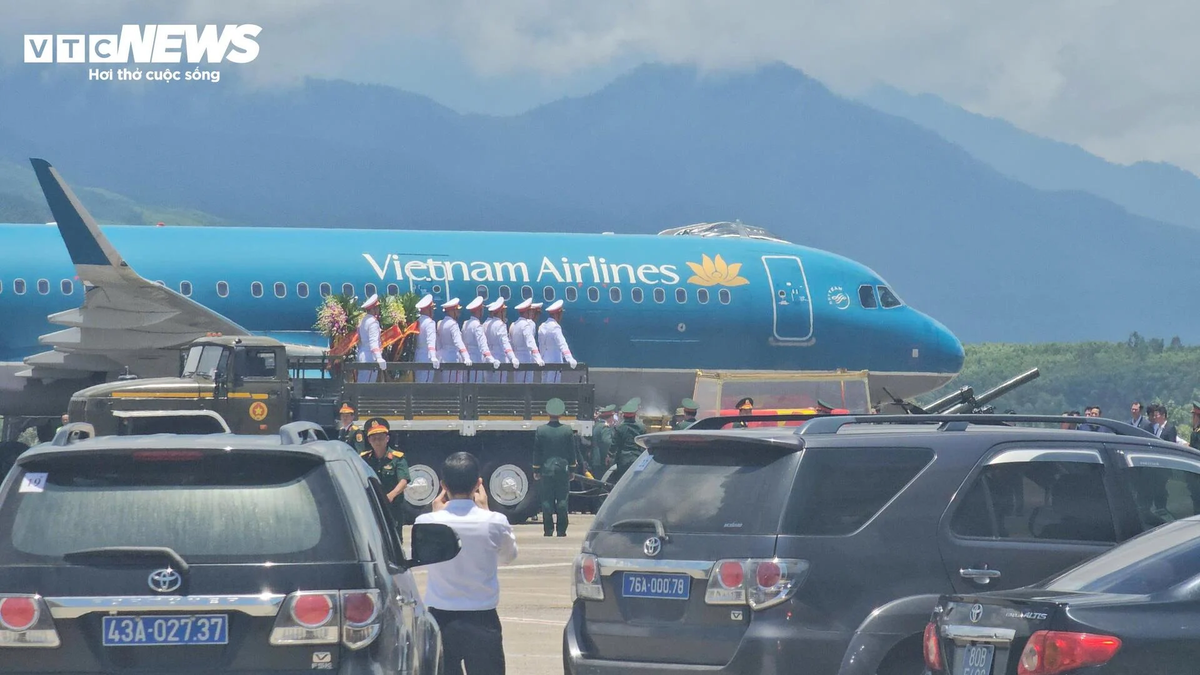
![[Photo] The coffin of former President Tran Duc Luong arrives in Quang Ngai](https://vphoto.vietnam.vn/thumb/1200x675/vietnam/resource/IMAGE/2025/5/25/1f1aca0d92ab47deae07934e749b35e6)








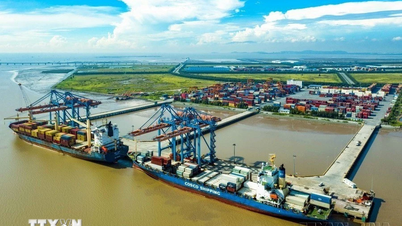



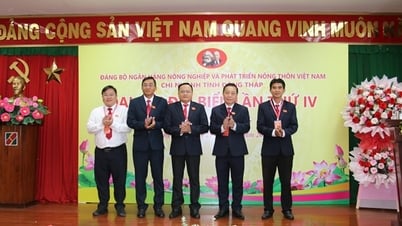

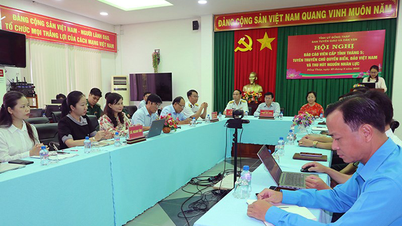
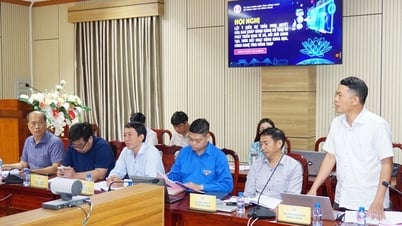

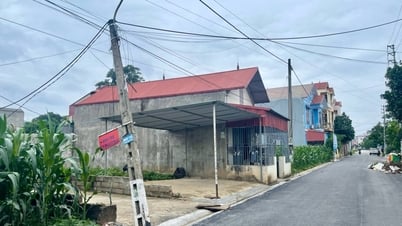






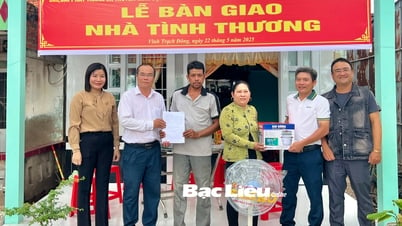
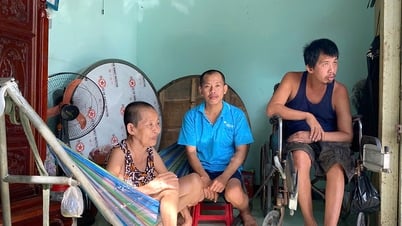
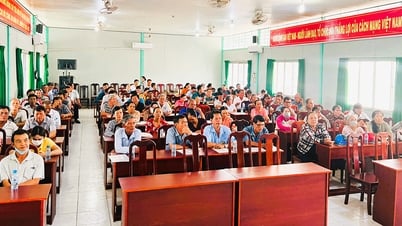







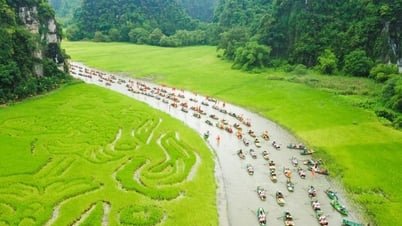

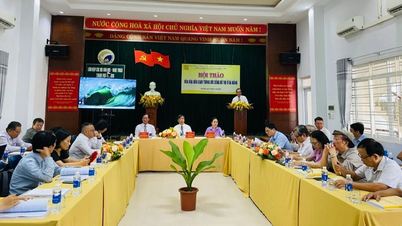








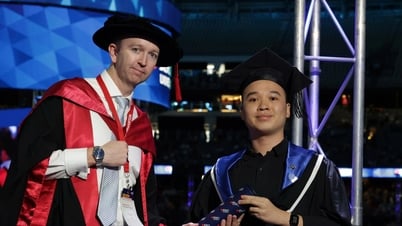

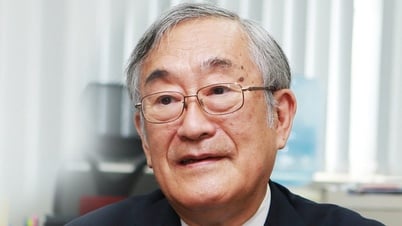









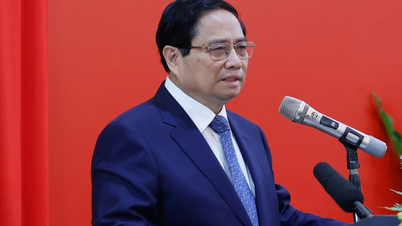

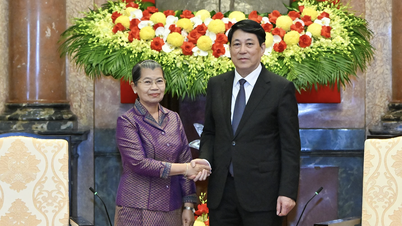

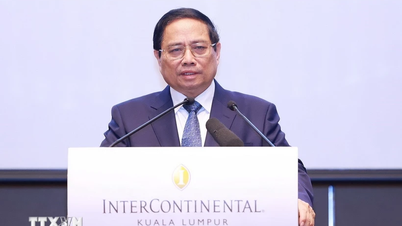









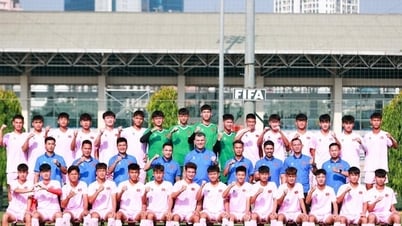

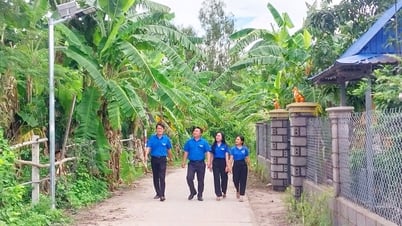



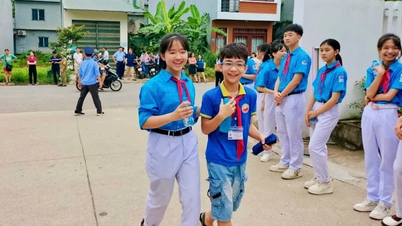






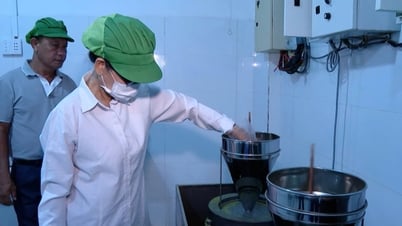




Comment (0)